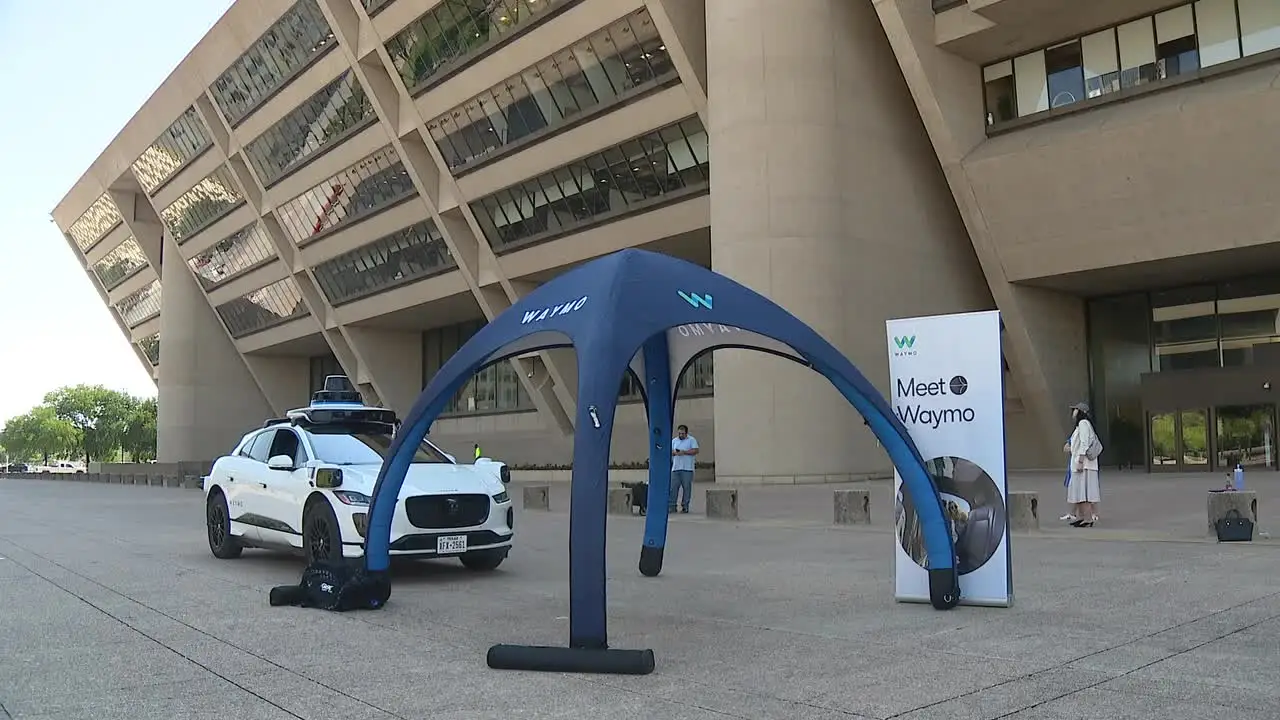Google maps for learning: IIIT-B researchers develop AI navigator for personalised STEM learning
By Rishita Khanna
Copyright thehindu

To help students learn science and mathematics at their own pace with lessons that adapt like a personal guide, the researchers in the Web Science Lab at the International Institute of Information Technology Bangalore (IIIT-B) are developing an Artificial Intelligence (AI)-based system called Navigated Learning for STEM Education. The project is designed to guide each learner through a personalised pathway, making complex subjects easier to understand while also generating visuals and other supporting materials.
The initiative is being carried out with support from Gooru Learning, a California-based non-profit that has spent over 13 years developing the core “Learning Navigator” technology.
Google Maps for learning
The idea behind Navigated Learning is like using GPS. Just as Google Maps shows the best route from your current location to your destination, this system identifies where a student stands in their learning and then suggests the most effective path forward. Unlike existing online platforms that give the same lessons to everyone, it adapts in real time to each student’s strengths, weaknesses, and pace of study.
Three Master of Science (MS) students are working on the project under the guidance of Srinath Srinivasa, Dean, Research and Development and Sushree S. Behera, Assistant Professor, Department of Data Science and AI. Ashashree Sharma, one of the students is building models that track how students interact with each other in a classroom network to improve both individual progress and group learning.
Rishita Patel, another student is developing AI tools that can automatically generate high-quality diagrams and visuals, helping teachers explain and students grasp difficult concepts more easily. Suhan Roy is working on adaptive “learning maps” that chart the most efficient path for each student, ensuring they learn faster and with better results.
STEM education today suffers from lack of engagement due to one-size-fits-all approaches and lack of efficacy because institutions cannot track or prove learning outcomes in real-time. However, the project aims to tackle both of the two big problems. “Keeping students engaged is a major challenge, especially in online learning and continuing education. Navigated Learning offers an attractive way for learners to track and curate their own journeys,” explained Prof. Srinivasa.
Prof. Behera added that through this project, they aim to bridge the gaps in traditional STEM education by using cutting-edge technologies. “What makes this framework unique is that it places the student at the centre of the learning process and has the potential to change how personalised education should be seen and delivered.”



